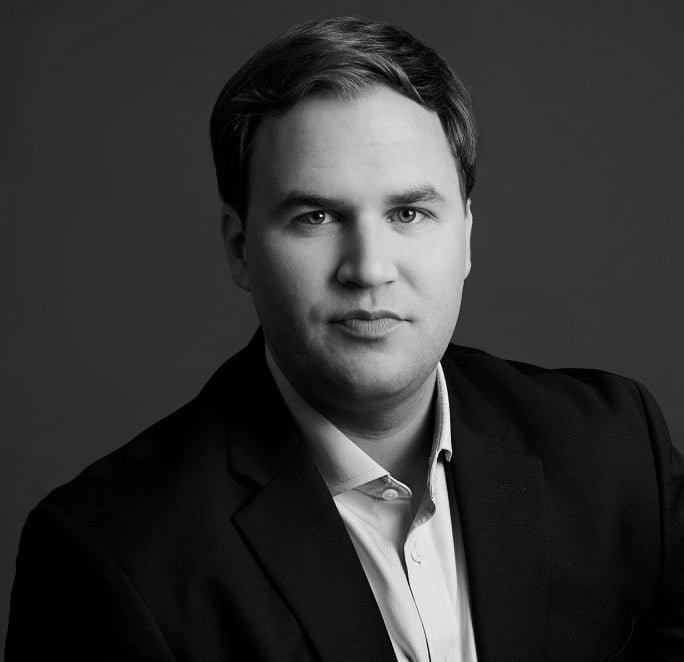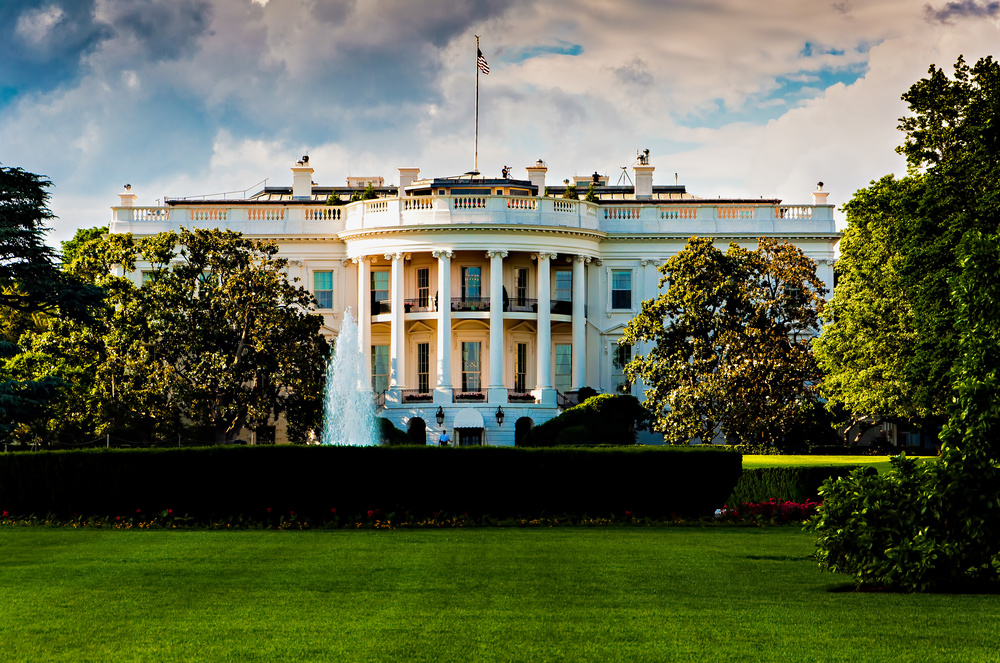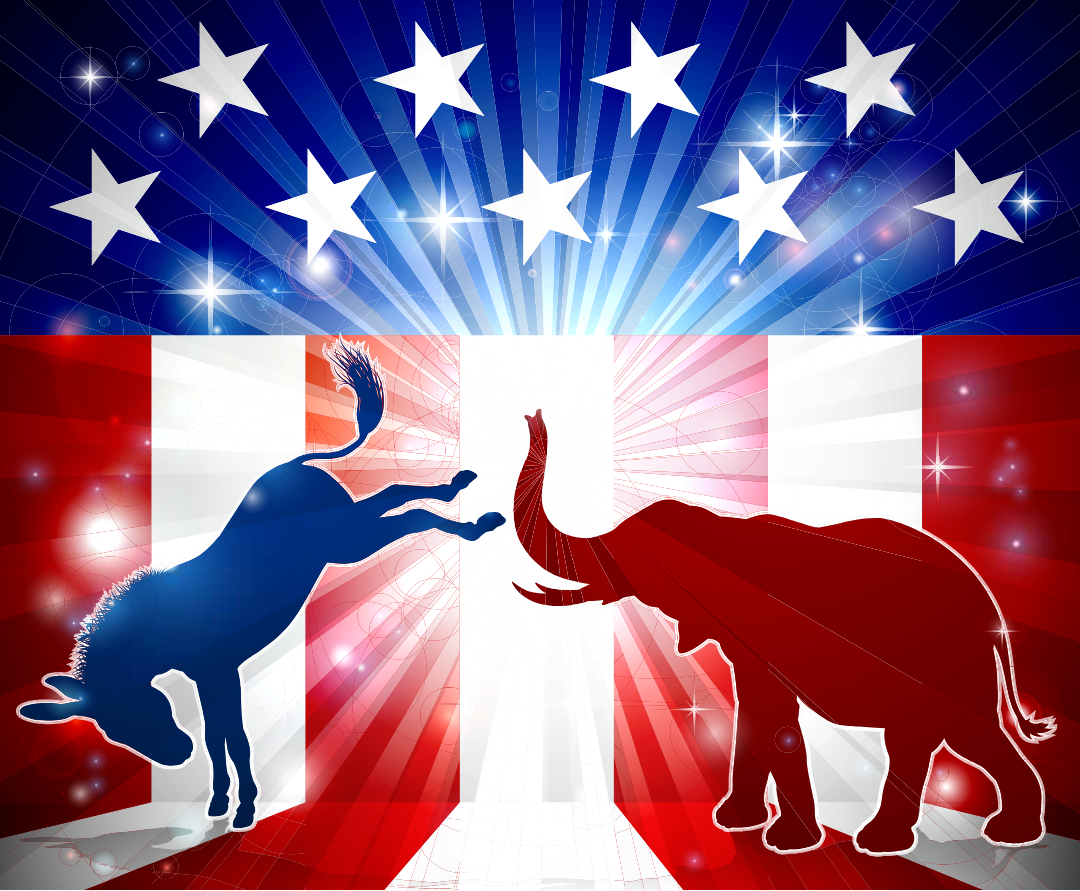Exploring the growing disconnect and desires for change in America's political sphere.
What to know:
-
Political messaging overload leads to disengagement among Americans.
-
Many express frustration with the two-party system, feeling it doesn't represent their interests adequately.
-
Over half of adult social media users feel "worn out" by political posts and discussions online.
-
Both Republicans and Democrats increasingly view members of the opposing party negatively.
-
Democratic-leaning individuals have become more critical of Democratic leaders over time.
-
Addressing these challenges requires strategies for promoting healthier engagement and addressing systemic issues.
Feeling overwhelmed by the relentless onslaught of political messaging? You're not alone. According to a groundbreaking Pew study titled "Tuning Out of Politics," Americans across the spectrum are experiencing a collective case of political fatigue.
From bombarding commercials to never-ending social media debates, citizens are finding themselves drowning in a sea of information, unsure of what to believe. Many are opting to disengage altogether, seeking refuge from the mental strain of politics. However, amidst the exhaustion lies a simmering frustration with the two-party system, with calls for change echoing across the nation.
Can we navigate this political burnout, or are we doomed to having to unplug entirely? Let’s explore this topic more to learn the shocking truths about the political climate in America.
Perception of Politics and Political Engagement
With so much political messaging coming at them from so many different angles, Americans are feeling visibly overwhelmed in the political sphere. According to a Pew Research study titled "Tuning Out: Americans on the Edge of Politics," participants express a feeling of being constantly surrounded by political content, whether it's in the form of mailings, commercials, or the ever-present realm of social media.
One participant, a woman in her 30s with Democratic-leaning tendencies, encapsulates this sentiment succinctly: "I feel like you can’t escape it. You get mailings, you get commercials. It’s just always there." This sentiment resonates with many who find themselves unable to evade the constant barrage of political information in their daily lives.
A sizable percentage of participants admit to being disenchanted with politics and opting to stay out of political conversations in order to protect their mental health. A woman in her 20s, identifying as Nonpartisan, articulates this sentiment, stating, "With certain topics, I wish I was a little bit more engaged, but I try not to cross those boundaries just because I don’t feel like dealing with the different opinions sometimes."
These quotes from the Pew Research study underscore the prevailing sense of fatigue and disconnection among Americans when it comes to politics. Despite acknowledging the importance of staying informed, many opt to limit their engagement due to the mental strain associated with navigating differing opinions and the constant influx of political information.
Frustration with the Two-Party System and Desire for Change
The Pew Research study reveals a prevailing sentiment of frustration among participants regarding the two-party system in American politics. Many express disillusionment, feeling that neither major party adequately represents their interests. A woman in her 40s, identifying as Republican-leaning, succinctly articulates this frustration: "See we don’t live in a true democracy anymore when it’s only between two [parties]."
Participants, who offer suggestions for improving the political landscape, emphasize the need for systemic change. One participant, a man in his 20s who identifies as Nonpartisan, advocates for the creation of a new third-party option to provide more choice. He states, "I think that we need a new third political party, an option for that gray area, and hopefully that gray area would be thinking of our future and actually doing something about it."
Social Media Exhaustion and Partisan Hostility
The Pew Research findings shed light on the escalating challenges posed by social media in the realm of politics. With an increasing inundation of political content, social media users are experiencing heightened fatigue, leading to negative attitudes towards political discourse. A staggering 55% of adult social media users report feeling "worn out" by the sheer volume of political posts and discussions encountered online.
The study also reveals a worrying pattern of partisan animosity, with Republicans and Democrats displaying increased hostility toward those in the other party. Individuals from both political affiliations increasingly view members of the opposing party as more closed-minded, dishonest, immoral, and unintelligent than other Americans. The polarization and hostility between opposing political camps are exacerbated by the divisive nature of political discourse on social media platforms, as these findings highlight.
Changing Views of Party Leadership and Rising Partisan Antipathy
The growing partisan gap in American politics and the evolving views toward party leadership are both highlighted by several Pew Research studies. Over time, Democratic-leaning people have grown increasingly critical of Democratic leaders, reflecting a rising frustration towards party leadership dynamics.
Simultaneously, negative perceptions of the opposing party have become more pervasive, with approximately six-in-ten Republicans and more than half of Democrats expressing a highly unfavorable view of the other party. This pattern highlights the growing hostility between political groups, which heightens partisan hostility and polarization. These results highlight the difficulties in American politics, including the widening gulf between Republicans and Democrats and the rising discontent with party leadership.
Wrap Up
Currently, Americans face a complex political landscape marked by feelings of overwhelm, frustration with the two-party system, and a desire for meaningful change. The relentless barrage of political messaging, coupled with the perceived inadequacies of the existing political framework, has left many citizens feeling disconnected and disenchanted.
Political discourse has become more complex also due to social media fatigue and growing partisan animosity, which exacerbates already-existing tensions and prevents productive communication. In this environment, the imperative for strategies to promote healthier engagement and address systemic challenges becomes increasingly evident.
Moving forward, it is important for stakeholders to explore innovative approaches to foster constructive political dialogue, promote inclusivity, and cultivate a more informed and engaged electorate. Only through concerted efforts to bridge divides and promote civic participation can we hope to navigate the challenges facing American politics and work towards a more robust and inclusive democracy.





